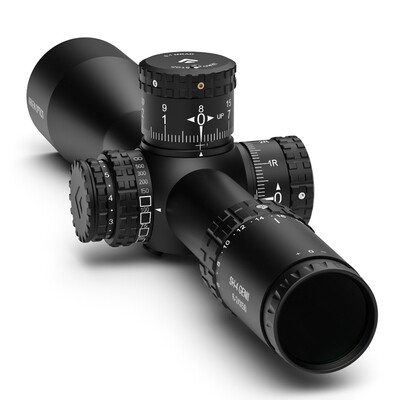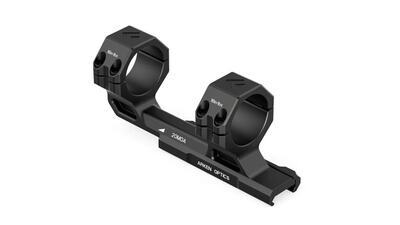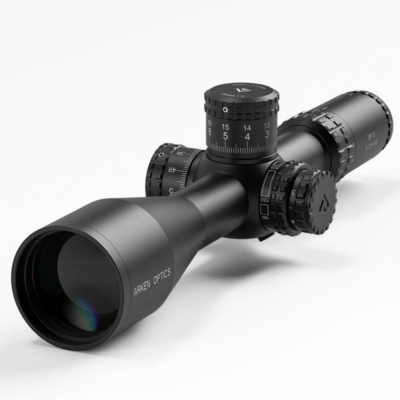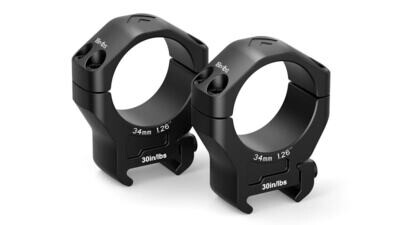I was shooting on Friday confirming zeros on a bunch of rifles that were my brother’s, God rest his benevolent soul.
It just reinforced how critical it is for me to continue to buying quality optics/mounts.
He had a Bushnell AR-223 on one of his rifles. Trying to even confirm zero on 100yd TGT is basically a waste of time and ammo.
He had some no-name RDS on another. Can’t even see the dot on its highest setting in broad daylight, waste of time/ammo.
I swore I had balanced out the torque on the Bushnell in whatever mount it was in, but I guess not.
I reached up to rotate the mag lever, got back into the picture, reticle was canted.
Rotated it back, tightened the fasteners with a handheld Allen wrench combo without going crazy, fired a few more rounds, whole mount was loose. I look on the side of the mount, thinking it was a PEPR. Nope. Monstrum.
If you ever see a Monstrum mount, put it on an Airsoft rifle maybe.
I was just having a bad time, and believe in finishing on a good note.
Broke out my 12” Grendel with LaRue mount, GRSC optic, aimed at one of the 3” bulls on paper at 100yds, zero-confirmed on that set-up.
The FOV and clarity difference between the Bushnell and GRSC was night and day.
Those cheap optics and mounts will all be canned and replaced.
That’s the biggest thing people don’t think about.
You try to save a few dollars on optics/mounts, but you get no performance and waste your time, range fees, ammo, gas, and any ancillary costs along the way, just to make noise at the range with no results.
Purchasing a $200-$300 optic from one of these companies with a sub-$100 mount ends up being a net negative most of the time.
Only exceptions I can think of are if you buy a known quality brand economy model with a deal on a mount. I might have seen Vortex and Leupold 1-piece mounts at Cabella’s recently for $99 for 1” tubes. An entry Leupold LPVO with 1” tube can be had for pretty cheap, but they won’t have any of the reticle options I’m looking for.
It just reinforced how critical it is for me to continue to buying quality optics/mounts.
He had a Bushnell AR-223 on one of his rifles. Trying to even confirm zero on 100yd TGT is basically a waste of time and ammo.
He had some no-name RDS on another. Can’t even see the dot on its highest setting in broad daylight, waste of time/ammo.
I swore I had balanced out the torque on the Bushnell in whatever mount it was in, but I guess not.
I reached up to rotate the mag lever, got back into the picture, reticle was canted.
Rotated it back, tightened the fasteners with a handheld Allen wrench combo without going crazy, fired a few more rounds, whole mount was loose. I look on the side of the mount, thinking it was a PEPR. Nope. Monstrum.
If you ever see a Monstrum mount, put it on an Airsoft rifle maybe.
I was just having a bad time, and believe in finishing on a good note.
Broke out my 12” Grendel with LaRue mount, GRSC optic, aimed at one of the 3” bulls on paper at 100yds, zero-confirmed on that set-up.
The FOV and clarity difference between the Bushnell and GRSC was night and day.
Those cheap optics and mounts will all be canned and replaced.
That’s the biggest thing people don’t think about.
You try to save a few dollars on optics/mounts, but you get no performance and waste your time, range fees, ammo, gas, and any ancillary costs along the way, just to make noise at the range with no results.
Purchasing a $200-$300 optic from one of these companies with a sub-$100 mount ends up being a net negative most of the time.
Only exceptions I can think of are if you buy a known quality brand economy model with a deal on a mount. I might have seen Vortex and Leupold 1-piece mounts at Cabella’s recently for $99 for 1” tubes. An entry Leupold LPVO with 1” tube can be had for pretty cheap, but they won’t have any of the reticle options I’m looking for.






